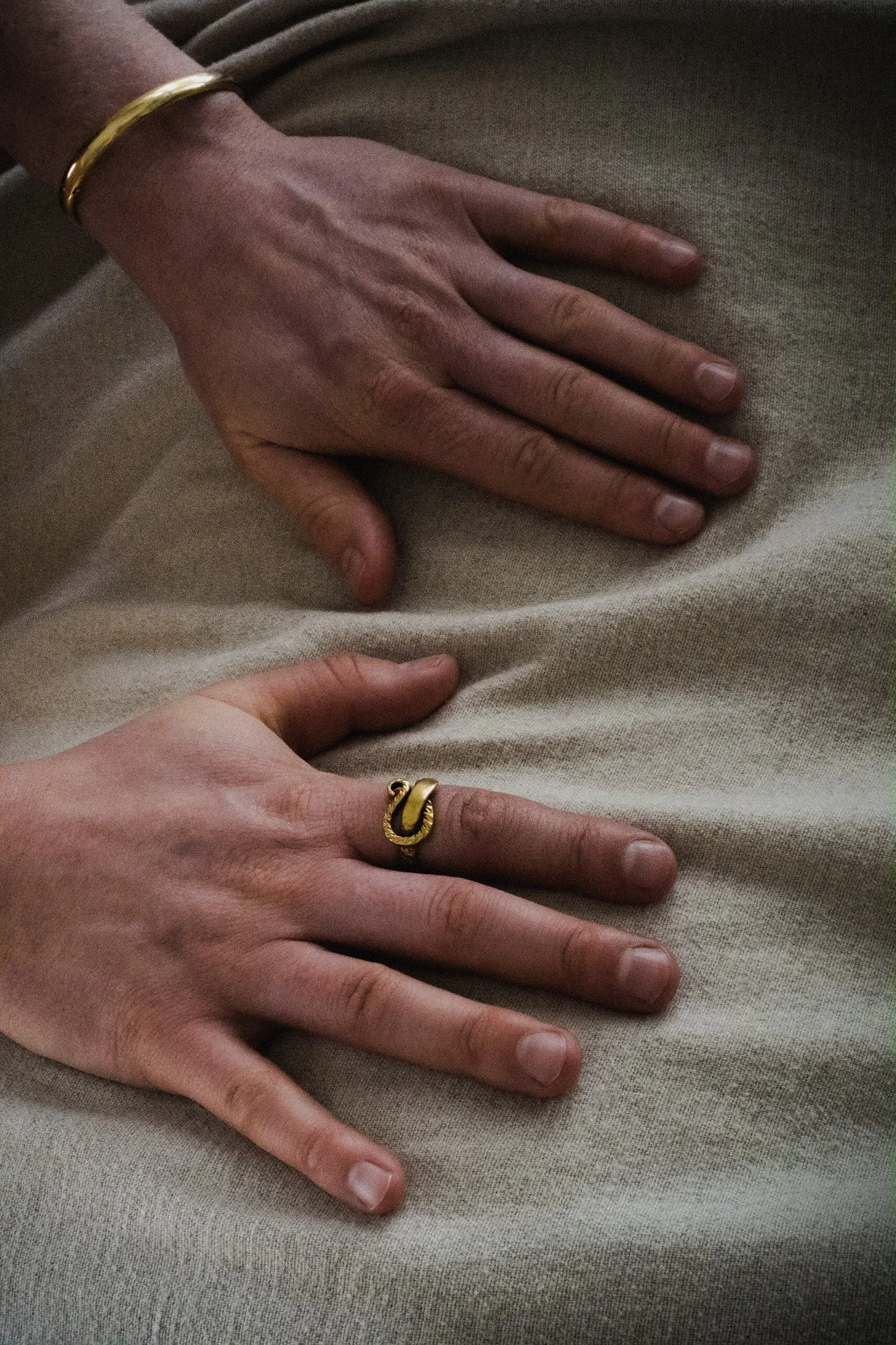Naturopathic Medicine is…
A distinct field of medicine that addresses the fundamental cause of disease with individualized, natural treatments. Naturopathic medicine focuses on educating patients on the principles of healthy living and preventative medicine and integrates the healing powers of body, mind and spirit.
Naturopathic doctors (ND’s) are like your family doctor, but serve as a bridge between conventional and traditional therapeutic realms. ND’s use the most ancient healing practices coupled with the latest research and most current diagnostic tools. Having a wide array of disciplines means that ND’s can integrate different philosophies and tools to allow for flexibility and creativity when approaching the intricate and complex details of your health.
Naturopathic Therapies
Diet and Lifestyle Counselling
Optimize your health using the most fundamental approach — good food and good habits. This is the bread and butter of naturopathic consultations and is woven into all treatment plans. Diet and lifestyle counselling is where we work on the pillars of health, including diet, sleep, exercise, and mental wellness. Any health issue you may have can benefit from improving one (or all) of these pillars.
Traditional Chinese Medicine/Asian Medicine
Chinese medicine is a wholistic system that addresses energy imbalances through acupuncture, dietary interventions, and lifestyle practices; this approach can be very beneficial in addressing a wide range of health issues ranging from digestive complaints and ankle sprains to anxiety and depression and larger spiritual concerns. Using the Chinese medicine system, we can move back into harmony with ourselves, our emotions and our lives.
Botanical Medicine
Plant medicine is one of the oldest forms of healing used by our ancestors. Working with plants can support our emotional, as well as our physical health; from coughs and colds to hypertension to hormonal imbalances to sleep and everything in between, plants contain natural compounds that aid our biochemistry to come back into balance. We are intrinsically interwoven with our environment and plant medicine fosters connection and communion with our natural world and our ancestors.
Physical medicine
Physical medicine focuses on issues that arise in our muscles, bones, tendons, ligaments, and fascia. Here we can identify the root cause of your physical symptoms and the best approach to your healing. Physical medicine includes massage, hydrotherapy and spinal manipulations, all of which promote alignment, stimulate circulation and boost immune function. Issues that can be addressed here are acute and chronic injuries, overuse injuries, inflammatory conditions of ligaments, tendons, muscles, and joints, and so much more.
Homeopathy
Homeopathy uses remedies made from minute doses of plant, animal and mineral substances to stimulate and heal the body. Each remedy is prescribed after a fulsome intake of your symptom picture and overall constitution and can help with physical, mental, emotional, and spiritual concerns. Homeopathy is a very gentle approach and does not interact with other medicinal substances.
Labs & Diagnostics
Extensive laboratory testing is available to inform our assessment and manage your treatment progress. Tests include, but are not limited to: basic blood panels, saliva and urine tests, sex and stress hormone panels, food sensitivity testing, heavy metal testing and comprehensive stool analysis. These are used as needed, or are available at your request. This service is often not covered by extended benefits packages and is often paid out-of-pocket.
Physical Exams
Naturopathic Doctors are trained to perform screening and diagnostic physical exams. These exams include pelvic health (gyne/PAP/testicular exams) and prostate health screening exams, as well as focused physical exams to rule in, or out, health conditions.
What education, training and regulation do naturopathic doctors have?
ND’s must complete a 4-year undergraduate degree with pre-medical sciences, then go on to one of six accredited naturopathic colleges in North America. These naturopathic colleges are carefully regulated to ensure standardized education. During the 4-year program, students complete over 3,000 hours of classroom training and 1,200 hours of clinical experience.
ND’s must also complete the following requirements in order to be licensed:
Have graduated from a recognized naturopathic medicine education program
Have successfully completed the Naturopathic Physicians Licensing Examinations (NPLEX I + II)
Have successfully completed both written and oral provincial board examinations
Have your application accepted by the College of Naturopaths of Ontatio (CONO)
Any other accreditations (IV therapy, prescriptive authority) require additional courses and examinations.
Why should someone go see a naturopathic doctor?
Individuals seek the guidance of an ND for a number of reasons, including:
They want to feel better, to have the energy to thrive in their daily life, to get a good night’s sleep, to live without pain, etc
They want to participate in the co-creation of a healthcare plan to optimize their health
They would like support exploring their complex health terroir
They experience a chronic health issues for which the current medical model does not have the time to address in totality
They have been to a number of other healthcare practitioners and have not found long-term relief
They have experienced, or are currently experiencing a significant health crisis, and want guidance
“I dedicate myself to the services of humanity as a practitioner of the art and science of naturopathic medicine. I will honour my teachers and all who have preserved and developed this knowledge and dedicate myself to supporting the growth and evolution of naturopathic medicine.
I will endeavour to continually improve my abilities as a healer through study, reflection, and genuine concern for humanity. I will impart knowledge of the advanced healing arts to dedicated colleagues and students.
Through precept, lecture, and example, I will assist and encourage others to strengthen their health, reduce risks for disease and preserve the health of our planet for ourselves, our families, and future generations.
According to my best ability and judgment, I will use methods of treatment which follow the principles of naturopathic medicine:
Primum non nocere: First of all, to do no harm
Vis medicatrix naturae: To act in cooperation with the healing power of nature
Tolle causum: To address the fundamental causes of disease
Tolle totum: To heal the whole person through individualized treatment
Praevenic: To teach the principles of healthy living and preventative medicine
I will conduct my life and the practice of naturopathic health care with vigilance, integrity and freedom from prejudice. I will abstain from voluntary acts of injustice and corruption. I will keep confidential whatever I am privileged to witness, whether professionally or privately, that should not be divulged.
With my whole heart, before this gathering of witnesses, as a doctor of naturopathic medicine, I pledge to remain true to this oath”
A very special thanks to Kat Pyne for providing the beautiful photography featured on this page








